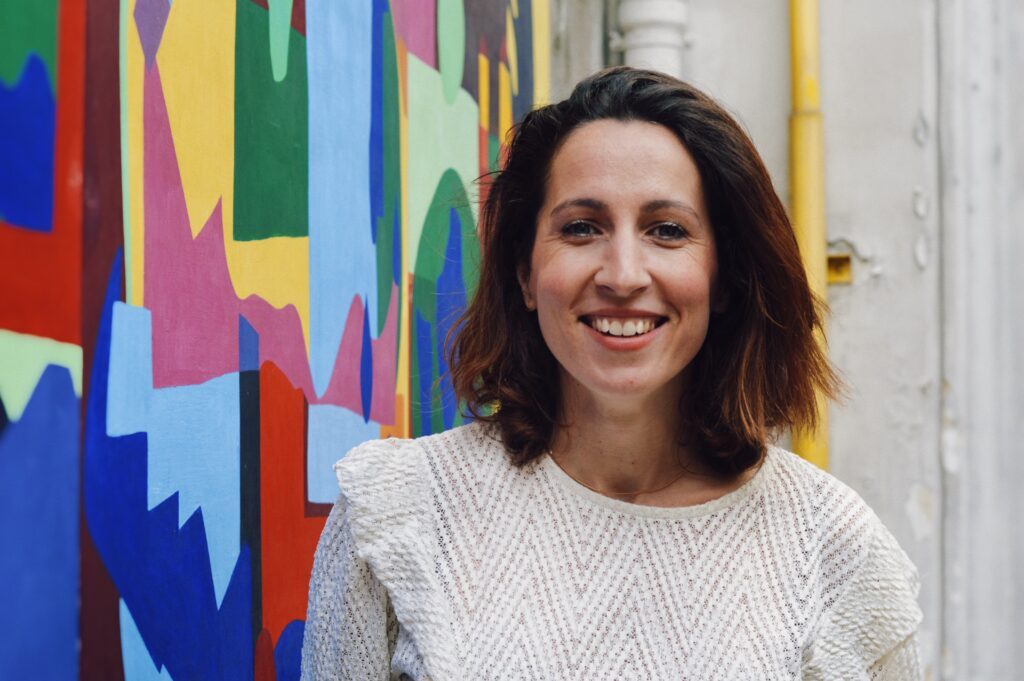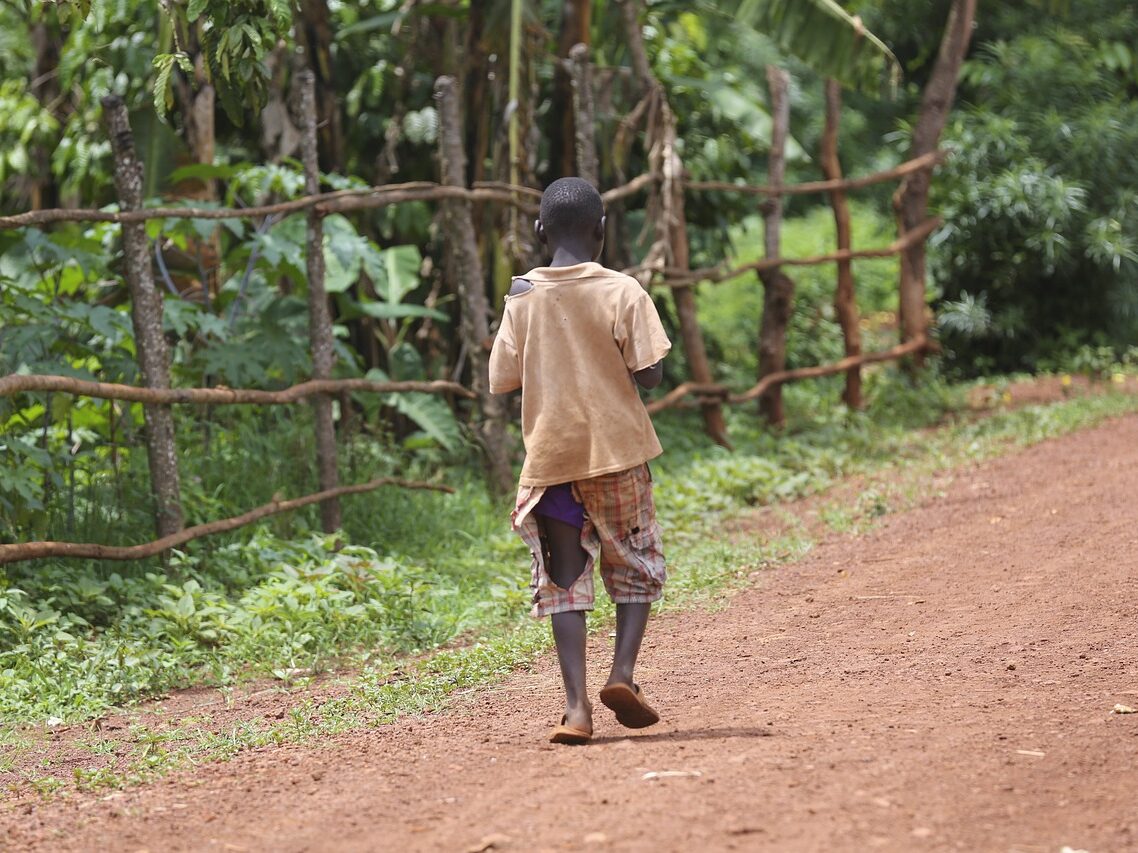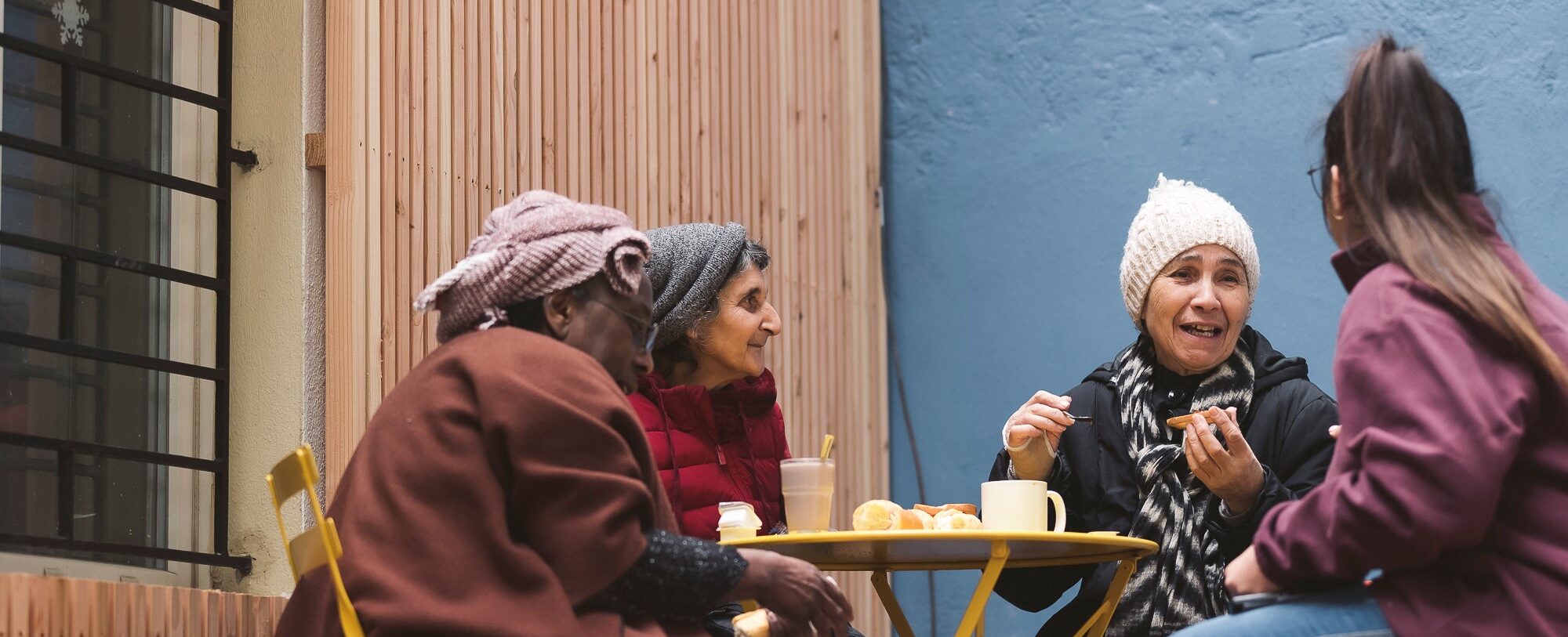29 June 2023 • NEWS
Groupe SOS advocates for a full and effective citizenship for people with disabilities. Groupe SOS Solidarités is at the front line in the recognition of people with disabilities’ rights to live freely their emotional and sexual life. Emilie Pourtalet, Development Manager at Groupe SOS Solidarités, recently submitted an Erasmus+ cooperation project to address this challenge at European level.




